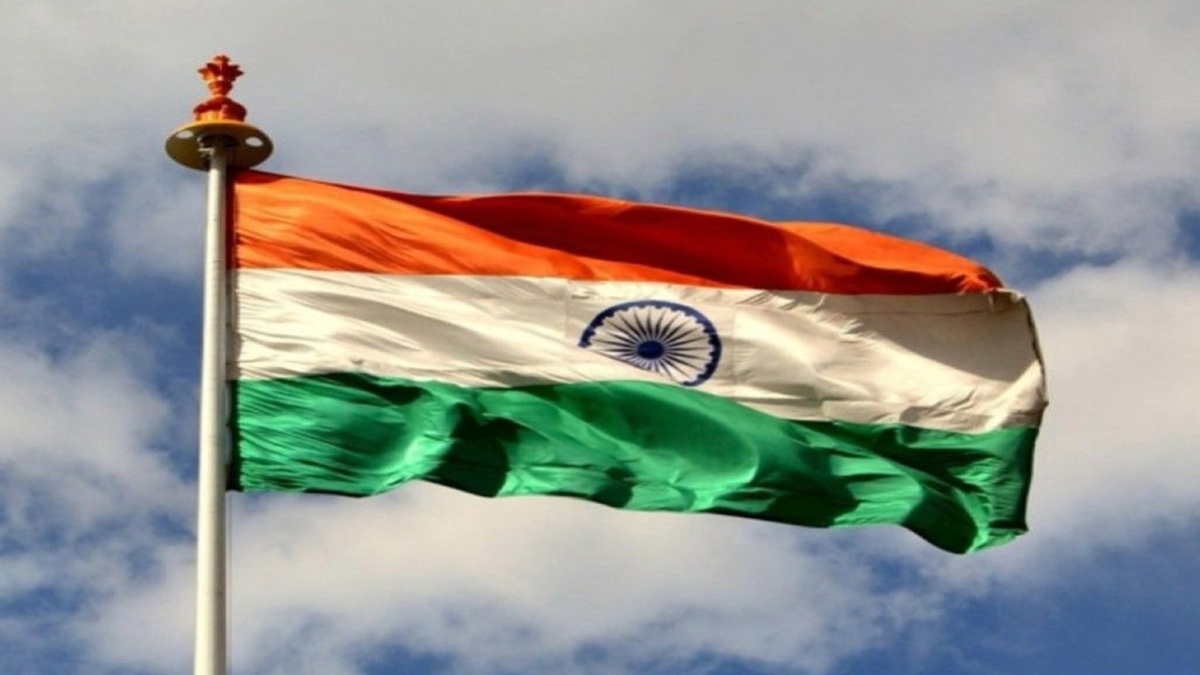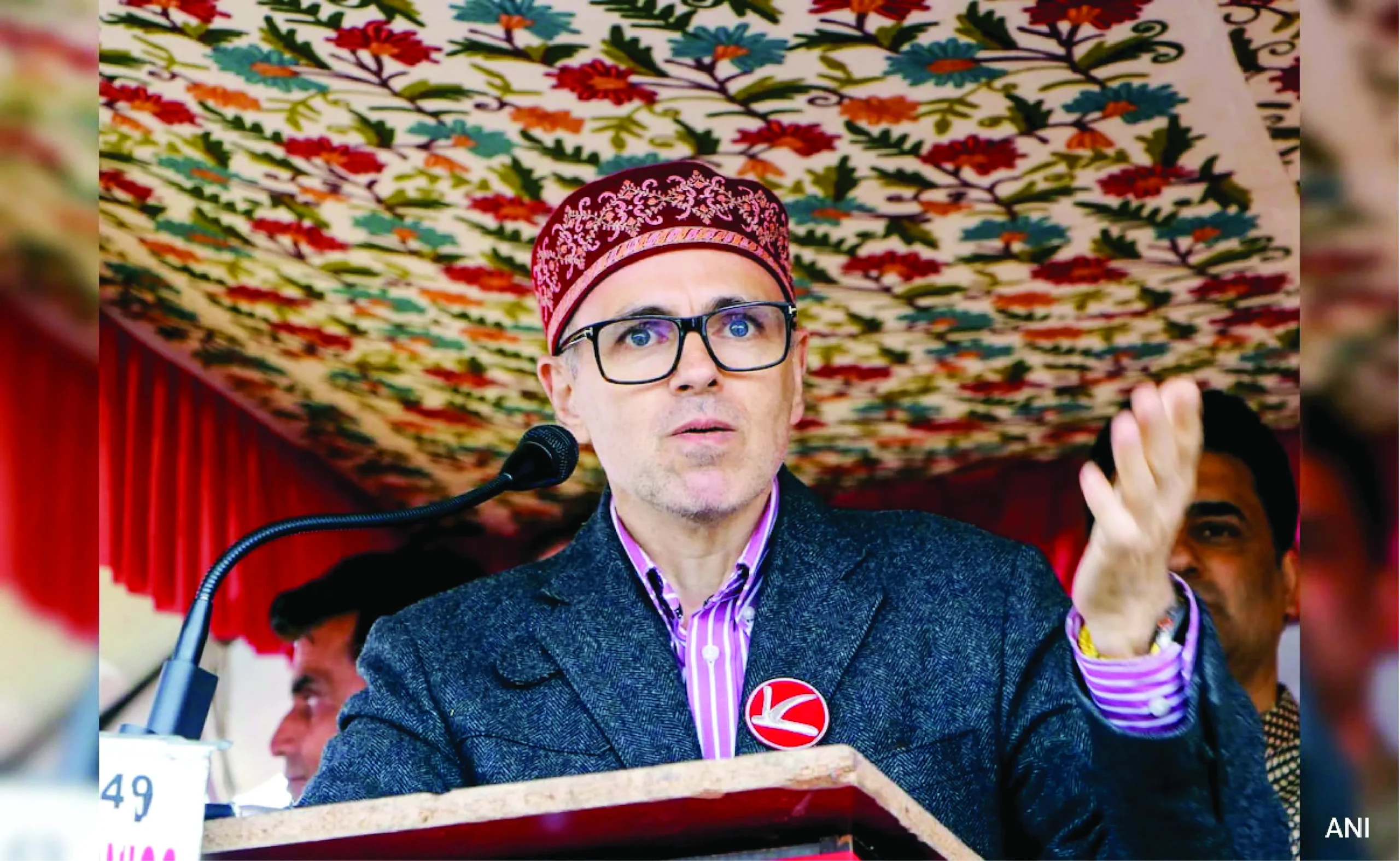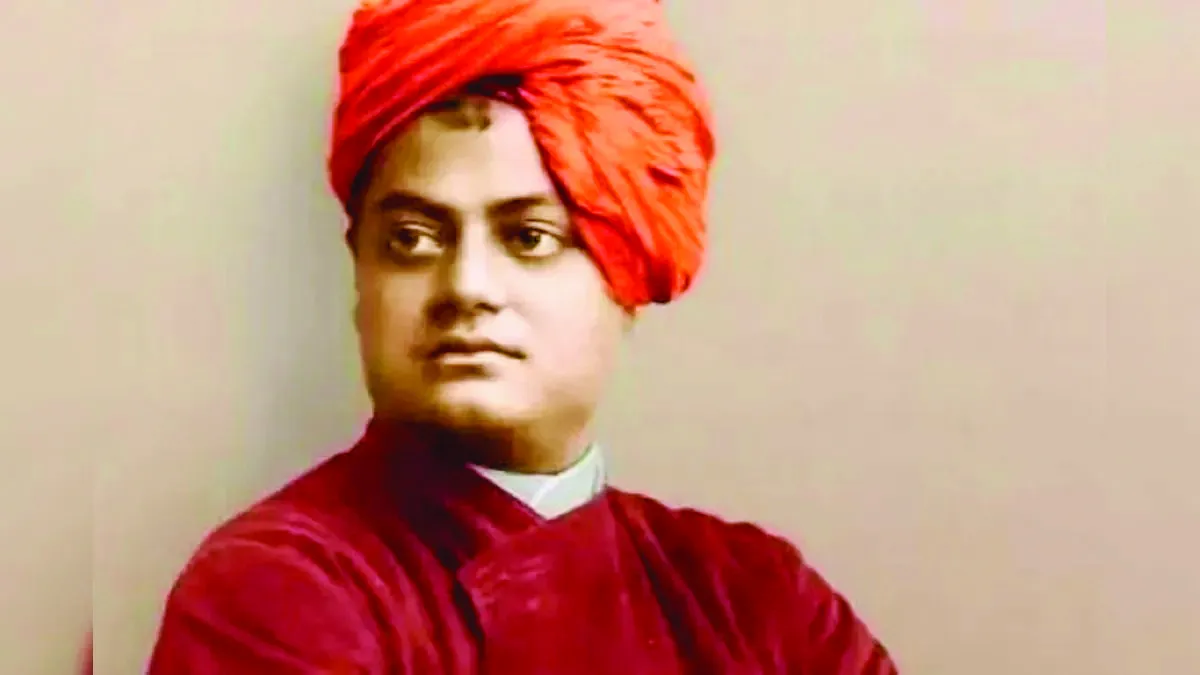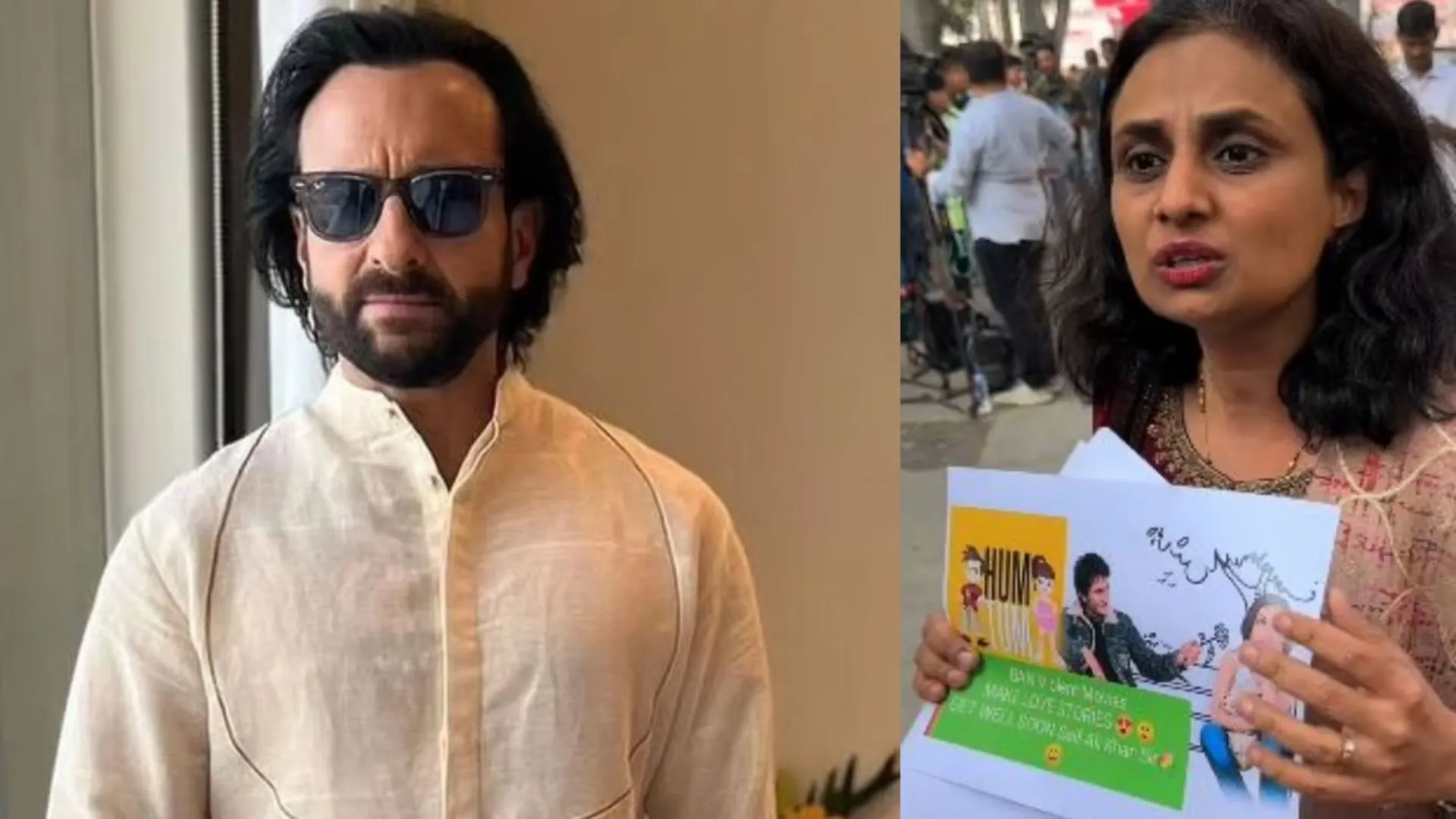Indians, whether living in India or abroad, are united when it comes to preserving national pride, its image, democratic setup, or cultural values. There have been several attempts including one recently in London where senior Indian leaders such as Rahul Gandhi propagated things that may invite foreign interventions as well as project the image of the nation in a bad light. In a world, where the prominent countries are driven by economic competition, it is against the national interest when Indian leaders (especially those in the opposition) use elite platforms in foreign countries to spread propaganda against our country.
This leads to various challenges for the Indian government and larger stakeholders like the Indian diaspora abroad. One of these challenges is to handle Hinduphobia— a set of antagonistic, destructive, and derogatory attitudes and behaviors towards Sanatana Dharma (Hinduism) and Hindus that may manifest as prejudice, fear, or hatred against the community. Another challenge emanating out of such conspired attempts is the machinations aiming to weaken India’s geopolitical interests, trade negotiations, and international rankings.
Let us look into the ecosystem of this gang, as to who are the organizers and sponsors of such controversial events abroad, what their motive is, what platforms they use abroad, who funds them, how do they pick and choose the Indian speakers, and what audience they engage with or target. I would also cite details of three such events as the examples. I would also propose some ways to handle these pseudo-intellectuals.
The Congress party had touted the University of Cambridge event to bolster the credibility of Rahul Gandhi, by claiming that it was in fact Cambridge University that had invited Rahul Gandhi to speak. However, while the event was hosted at Cambridge, it was actually organised by a Congress affiliate organisation, which is partners with another organisation that appears to be a Congress front. The anchor Shruti Kapila, associate professor at Cambridge has been a known member and activist of SFI, a left student outfit, in her JNU (Jawaharlal Nehru University) days. The academic atmosphere in some top Universities in India till a few years back was left dominated and went unchecked till the BJP came to power. Research students will succeed only if they agree to the ideology of the leftist professors, including urban Naxals and Kapila is among such academicians who entered the prestigious Cambridge University through this route. The ecosystem of this group succeeded in planting their agenda in western Universities since these research scholars were chosen to study abroad on scholarship and in turn set an anti-India and anti-Hindu perception. The agenda suited ruling parties such as Congress and its allies, who played vote bank politics to garner anti-Hindu and separatist votes. It also suited left-liberals, urban Naxals as well as most of the foreign governments in their respective geopolitical interests. Ironically, the western Hinduphobes get a kick out of these initiatives by default.
Aspirations of many regional parties are addressed at the cost of national interest. This is the reason that the speakers chosen for this event included Rahul Gandhi, Sitaram Yechury, Salman Khurshid, Tejashwi Yadav, Mahua Moitra, and Manoj Jha. Rahul Gandhi has been at the receiving end for his unsparing criticism of the Modi government during his speech. By referring to the presence of ‘deep state’ in the country and praising China, Rahul made quite a controversial point that has enraged the general population back home. He attacked the Indian Government claiming “India is not in a good place” as the ruling party has sprinkled kerosene all over the country. He even went on to target the Indian Foreign Service (IFS) officers saying he has been told by the European bureaucrats that they have “changed” and are “arrogant”.
Siddhartha Verma from the audience, an Indian civil servant, studying at Cambridge countered the Congress leader over his idea of India and objected to his reference to India as ‘not a nation but group of states’. The speakers Categorized Hindus as ‘casteist’ and ‘communalist’ toeing the Western line. During his controversial address, Rahul Gandhi signaled his desire for foreign intervention twice. The first one is during the mention of the Russia Ukraine issue, and the second one is when he criticised Indian diplomats for being unwilling to take orders from Europeans. Is the motive to seek help from foreigner to fulfill Rahul’s aspiration to rule India and implement his agenda that has been rejected by Indian voters?
Dismantling Global Hindutva (DGH), a three-day online conference from 10 to 12 September 2021, had sparked much debate on social media. One of the loudest voices against the conference was that of Ohio State Senator, Niraj Antani, the youngest Hindu elected official in the history of the United States. “I am condemning in the strongest possible terms the ‘Dismantling Global Hindutva’ Conference,” he said. “This conference represents a disgusting attack on Hindus across the United States, and we must all condemn this as nothing more than racism and bigotry against Hindus. I will always stand strong against Hinduphobia.”
Again, the organizers included so-called Indian pseudo-intellectuals who are known separatists, leftists, JNU alumni, and people who participated in the urban Naxal movement. It was nothing but a partisan event related to politics in India. The event platforms activists with extensive histories of amplifying Hinduphobic discourse even while denying the existence of Hinduphobia. Many of these activists equate the whole of Hinduism with caste bigotry and other social ills; deny the subcontinental indigeneity of Hindus and Hinduism, and support or minimize violent extremist and separatists’ movements and deny the resulting genocides and ethnic cleansings of Hindus.
Another example comes from a person who is the holder of a high constitutional position in India. Speaking at a special international Congressional briefing on Republic Day, ex-Vice President Hamid Ansari sparked a row by accusing the Centre of perpetuating ‘intolerance’. The organiser of the event, The Indian American Muslim Council (IAMC), is alleged to be linked to the Pakistani intelligence agency ISI and behind a plot to foment riots in India. From the platform of this institution, Ansari took a shot at the Modi government. In India, he claims, efforts are underway to replace civic nationalism with cultural nationalism. According to Ansari, religious intolerance is encouraged in India by portraying the religious majority as a political monopoly. The credibility of the congress party goes for a six in its judgment on choosing the candidate for high constitutional positions who had a controversial past.
According to a Ministry of External Affairs report, there are 32 million NRIs and OCIs residing outside India and overseas Indians comprise the world’s largest overseas diaspora. Such narratives pose an additional challenge for this population which is already vulnerable.
One solution to these issues could be to make political clearance mandatory for high-profile politicians and academicians who are going to attend international political seminars. This could help put a curb on misuse in the name of freedom of Expression. After all, this set of organizers and speakers has lost ground in Indian politics and the academic circle. There are reforms in the admission process in Universities in India as well as a robust recruitment policy for university lecturers is being set up that is unbiased. Implementation of the New Education Policy by the Modi government is likely to fuel the reform of the recruitment process for teachers and students. The left-liberal academia, media, and political unholy nexus is counting its final days.
The writer is an NRI Educationalist based in Dubai, and the founder of AmbedkarGlobal.com. The views expressed are personal.
The Congress party had touted the University of Cambridge event to bolster the credibility of Rahul Gandhi, by claiming that it was in fact Cambridge University that had invited Rahul Gandhi to speak. However, while the event was hosted at Cambridge, it was actually organised by a Congress affiliate organisation, which is partners with another organisation that appears to be a Congress front. The anchor Shruti Kapila, associate professor at Cambridge, has been a known member and activist of SFI, a left student outfit, in her JNU days. The academic atmosphere in some top Universities in India till a few years back was left dominated and went unchecked till the BJP came to power.























